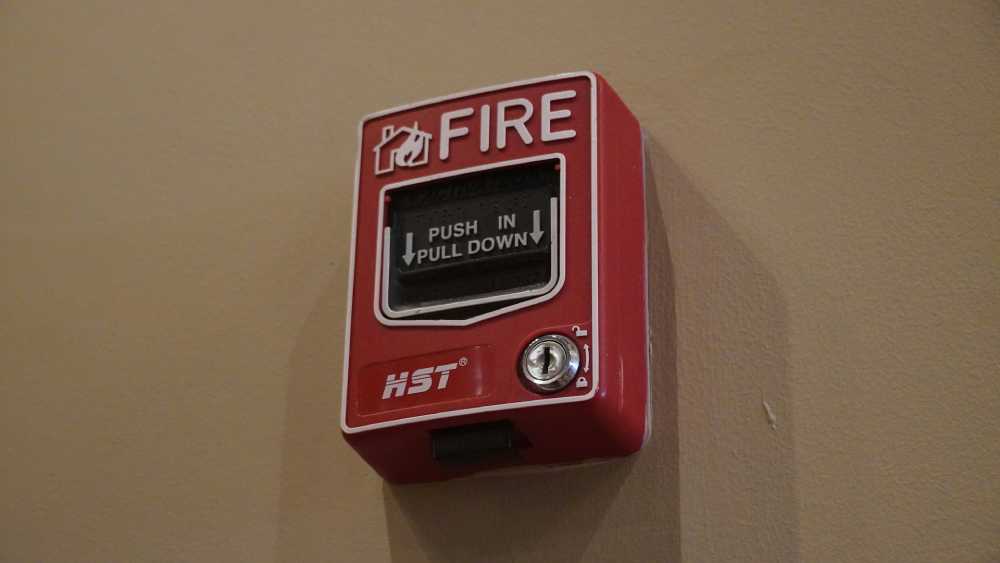The Importance of Commercial Fire Alarm Systems
Every commercial building is vulnerable to the threat of fire, which can cause untold damage within minutes. An efficient fire alarm system forms the first line of defense, a network of devices designed to detect and alert occupants promptly.
The system’s core includes detection sensors that pick up the first signs of a fire, like smoke or excessive heat. Once detected, the system sounds alarms loud enough to be heard in all building areas, initiating evacuation.
Equally important are manual pull stations that allow individuals to sound the alarm upon discovering a fire. The expertise offered by professional fire alarm system companies is crucial, ensuring such systems are correctly installed, functioning seamlessly, and are ready for when split-second decisions matter.
The Role of Technology in Enhancing Fire Safety
As technology evolves, so too does the sophistication of fire alarm systems. Modern smart fire detection systems are now equipped with advanced sensors that minimize the risk of false alarms—a common problem with older technology.
These smart systems contribute to focused and efficient emergency response. They are also integrated within broader security systems, allowing for centralized control and responsiveness. Technology’s contribution to fire safety cannot be overstated; investment in new fire prevention technologies is an investment in safety and security.
Compliance with Fire Safety Regulations
The effectiveness of fire alarm systems also depends heavily on compliance with fire safety regulations, which vary from region to region. Still, all serve the same purpose: to maximize safety and minimize harm. These regulations dictate the types of systems that must be used, how they should be installed, and how often they must be maintained.
Moreover, they’re updated regularly to reflect new findings and technological advances in fire safety. Failure to comply with current regulations can have catastrophic outcomes, possibly resulting in financial penalties and jeopardizing the safety of building occupants.
Benefits of Regular Fire Alarm System Maintenance
Properly functioning fire alarm systems save lives, but their reliability hinges on regular maintenance. Over time, components may degrade or malfunction—risks that routine inspections and repairs can significantly mitigate. Maintenance ensures every element, from sensors to notification devices, works smoothly, providing ample warning in case of a fire.
Moreover, such diligence could reduce the higher costs of emergency repairs or full-system replacements. It’s a simple equation: regular maintenance not only ensures effective operation but also extends the service life of the fire alarm system, making it a prudent business decision as much as a safety precaution.
Training and Preparedness: The Human Element in Fire Safety
Fire alarm systems are essential, but human response to those alarms saves lives. Adequate training in proper evacuation procedures and how to respond to fire alarms is crucial for all building occupants.
Such training should be regularly updated to reflect any changes in fire safety protocol or building layout. This level of preparedness can dramatically improve the speed and safety of evacuations, effectively reducing the risk of injury or worse during a fire.
In this way, preparedness can be seen as much a part of the fire alarm system as the technological components themselves. It’s about creating a comprehensive culture of safety that empowers individuals to make a difference in emergencies.

